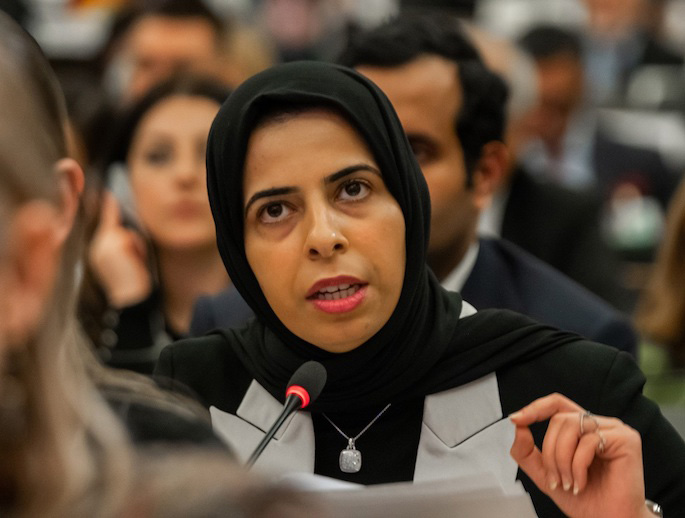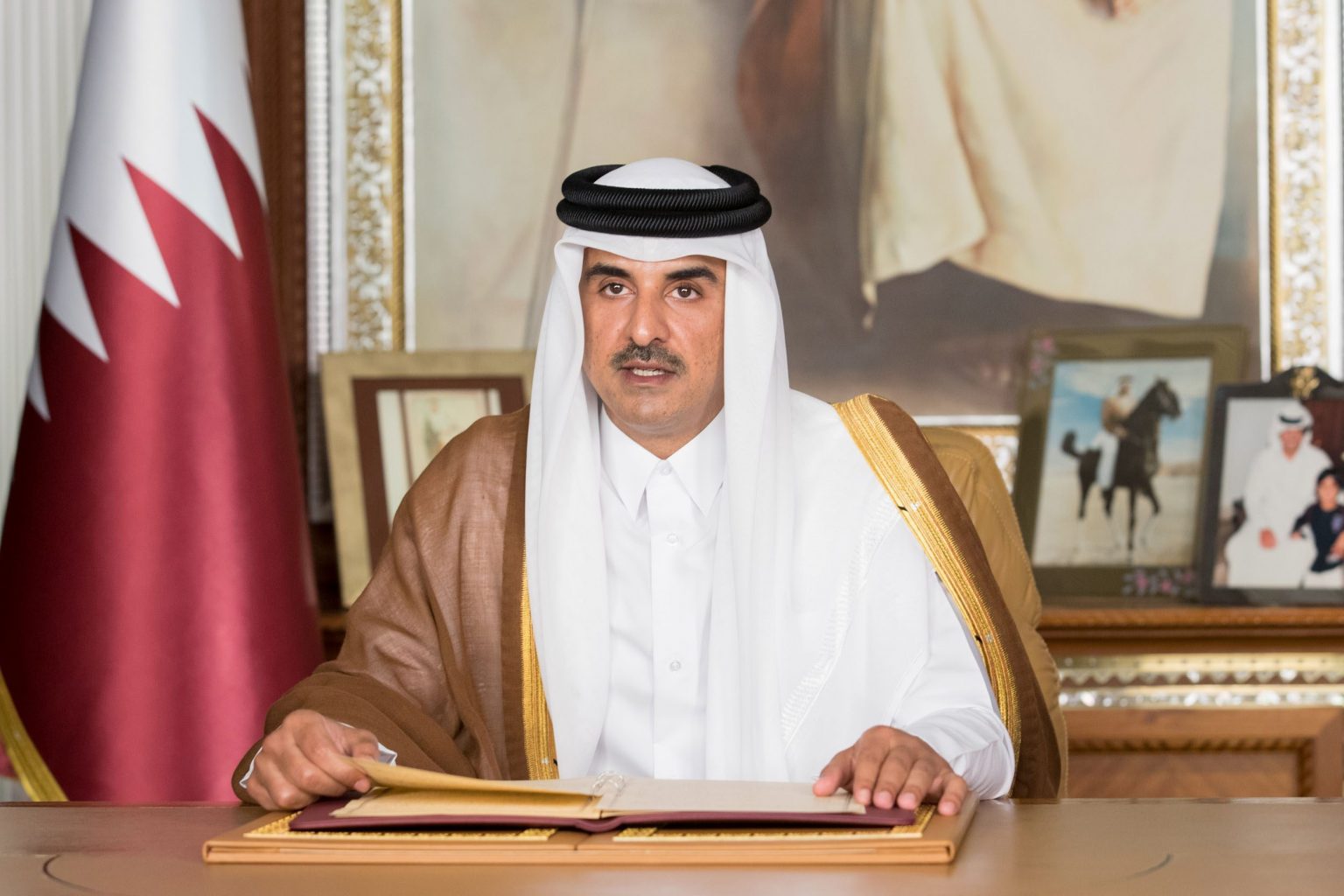
More than 18 months after a deal was brokered to allocate work visas to 20,000 people from Palestine, more than 200 Palestinians are due to arrive in Doha after Ramadan to work as teachers, the territory’s ambassador to Qatar has said.
The wave of new workers includes residents of both Gaza and the West Bank who will be employed in Qatar’s independent (state-run schools) in time for the start of the new academic year in September, according to Munir Ghannam, the Palestinian Ambassador to Qatar.
This follows an announcement last month by Qatar’s Supreme Education Council (SEC) that it was hiring 1,500 new teachers from Arab countries to work in government schools to help address teacher shortages.
An SEC official said at the time it had already received applications from educators in Gaza and the West Bank, in addition to other countries.
Ghannam told Doha News that the SEC was still hiring and that the number of new teaching recruits may rise in the coming weeks.
“The SEC is still choosing teachers. We expect more than 200 (Palestinians) to come for the beginning of the school year,” Ghannam said.
The agreement
In early 2014, it was announced that Qatar had agreed to allot 20,000 work visas to those holding Palestinian identification documents, not necessarily just those with passports.

The visa deal was stuck in response to a request made by Prime Minister Rami Hamdallah during a visit to Qatar in late 2013.
Although there are thought to be at least 20,000 Palestinians living and working in Qatar, those from the Palestinian territories have been unable to apply for work visas in Qatar for a number of years.
The first work visas were due to be issued around the end of January 2014, although the actual number of Palestinians moving to Qatar since the agreement was signed is not known.
“Companies do not always inform us when they employ people, so we do not have a figure for the new people here. However, several people have recently come to the embassy asking for help with paperwork in certain areas and they told us they are new arrivals here,” Ghannam said.
He said that he was not aware of particular targets for companies to employ Palestinians, but that the agreement would depend on particular skills sought in Qatar and would be attractive to many of those living in the occupied territories, where unemployment is around 23 percent.
“The door is open for Palestinians to come to Qatar, according to the needs of the labor market. Unemployment in Palestine is very high. The Palestinians need work where they can find it.
It depends on which companies apply to bring in Palestinians (to Qatar). If they want engineers or technicians, they can get them within a few days. Qatar is a big supporter of Palestine. This (deal) was done in order to ease the situation for Palestinians in Palestine who live in difficult situations. It is a good step from our brothers the Qataris,” Ghannam added.
How it works
As with other GCC countries, Qatar has a quota system that restricts the number of foreign workers allowed to come to the Gulf state from various countries.

Ghannam previously told Doha News that, prior to the agreement, the quota for new Palestinians coming to Qatar had remained at zero since he assumed his post nearly 10 years ago.
Under the new system, an electronic database was planned to be established, which would enable Palestinian job seekers to upload their CVs so they could be reviewed by recruiters in Qatar.
Companies can hire individuals directly, without the need to go through agencies, and then undertake the sponsorship process.
Ghannam previously said that the agreement between the two governments was restricted to employment visas and there was no explicit discussions on whether workers could be accompanied by family members.
Thoughts?







